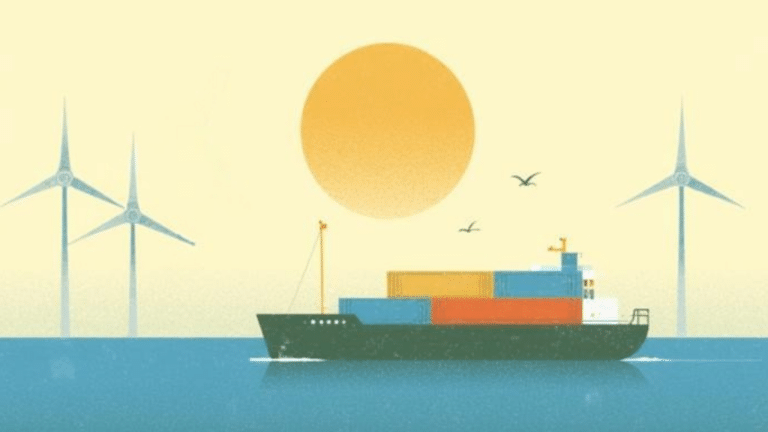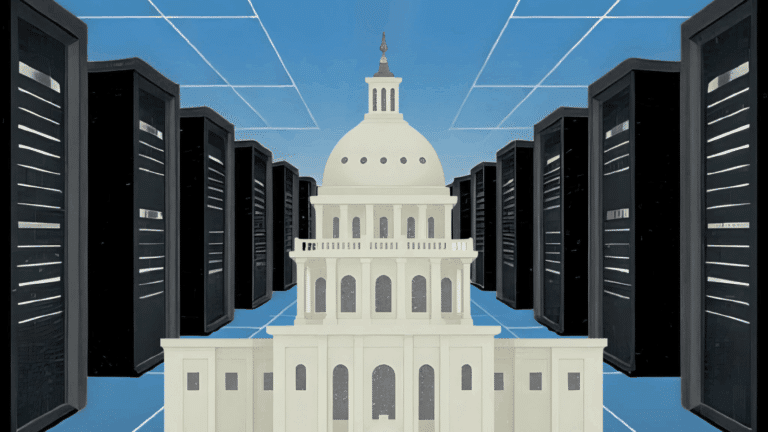Could a strategic lithium reserve kickstart US supply chain development?
NEW YORK -- A strategic lithium reserve is being mooted as a solution to stabilize volatile prices that have hindered American mining projects, allowi
Current Access Level “I” – ID Only: CUID holders, alumni, and approved guests only
After serving for 18 months on the White House Council of Economic Advisers (CEA), Dr. Noah Kaufman has rejoined SIPA’s Center on Global Energy Policy (CGEP) at Columbia University where he will continue to work on the economics behind energy and climate policy. One of the nation’s leading climate policy economists, Dr. Kaufman advised President Biden on the economic impacts of the Administration’s “Build Back Better” agenda, among other issues. At CGEP he will bring his deep economics expertise and his recent experience working with policymakers to help inform CGEP’s mission to provide timely, actionable, and independant analysis on the most pressing issues around energy and climate.
“Noah is a leading expert on assessing the economic impacts of major climate and energy policies,” said Jason Bordoff, founding director at CGEP and co-founding dean of the Columbia Climate School. “During his time in the Biden Administration, the US passed landmark climate legislation while dealing with one of the worst global energy crises in nearly a century. His experience serving as a key part of the team that pursued these efforts will bring invaluable real-world experience to the Center on Global Energy Policy as we develop innovative policy solutions to today’s energy and climate challenges. I’m thrilled to welcome him back.”
At CEA, Dr. Kaufman participated in a diverse portfolio of policy and regulatory processes at the intersection of economics and climate, energy, and environmental issues. Dr. Kaufman contributed to the 2022 edition of CEA’s Economic Report to the President, which includes a chapter devoted to accelerating and smoothing the transition to a clean energy economy. He also co-authored CEA briefs on topics including clean energy innovation and climate-related macroeconomic risks.
“It’s wonderful to have Noah back at the Center,” said Dr. Melissa Lott, research director at CGEP. “With the recent passage of the Inflation Reduction Act, a key strategic priority for the Center will be to assess the economic impacts of the IRA as the US works to navigate a changing energy landscape. I look forward to working with Noah on this in the coming months.”
Prior to joining CEA, Dr. Kaufman worked as a research scholar at CGEP where he conducted research on a range of issues in climate economics. He also directed the Center’s Carbon Tax Research Initiative. Earlier in his career he served in the Obama Administration as the Deputy Associate Director for Energy & Climate Change at the White House Council on Environmental Quality (CEQ). At CEQ, Dr. Kaufman managed a group of experts across the Executive Branch to develop a long-term national strategy to reduce greenhouse gas emissions.
“During my stints at the White House, I’ve been consistently impressed by the degree to which policymakers at the highest levels of government want the best available evidence at their disposal before making decisions,” said Dr. Kaufman. “In fact, the demand for timely, accessible, and objective information often exceeded the supply. That makes me so thrilled to return to CGEP and rejoin a team that is committed to providing decision makers with information that will help them improve climate and energy policies at such a critical time.”
Dr. Kaufman received his BS in economics from Duke University, and his PhD and MS in economics from the University of Texas at Austin, where his dissertation examined optimal policy responses to climate change.
Read Dr. Noah Kaufman’s full bio here.
NEW YORK -- A strategic lithium reserve is being mooted as a solution to stabilize volatile prices that have hindered American mining projects, allowi
States enacted more than a dozen data center laws this year. Trump’s order exempts them from preemption.
Around the world, solar power is becoming more affordable and accessible. That spells good news for the climate.
This Energy Explained post represents the research and views of the author(s). It does not necessarily represent the views of the Center on Global Energy Policy. The piece...

Geopolitical uncertainty associated with Russian gas exports could swing the range of those exports by an estimated 150 bcm per year.

From the east to west and north to south, in red states and blue states, attention to data centers is skyrocketing in state capitals across the United States.
